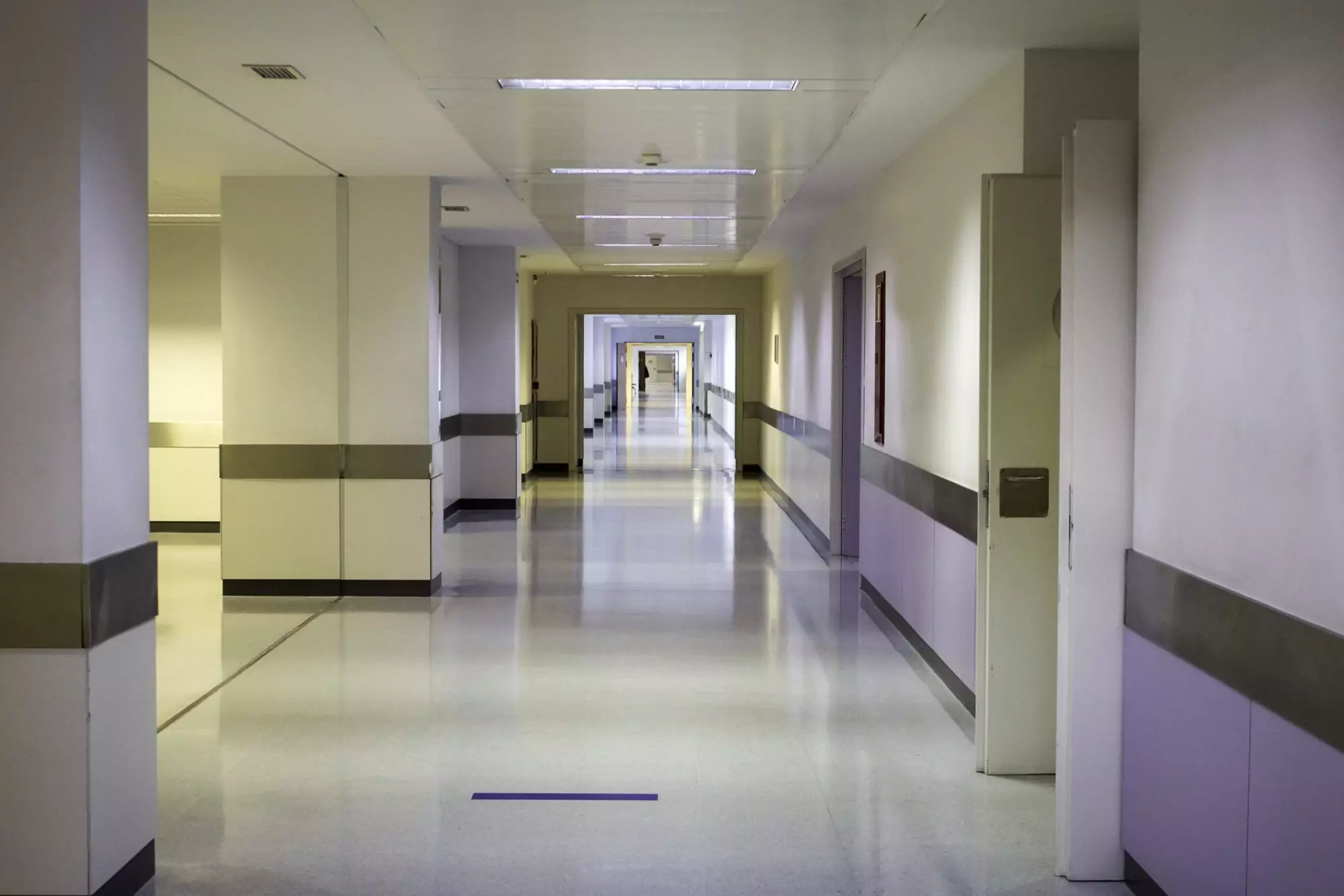When a rural hospital closes, the obvious immediate concern is transitioning care for patients requiring treatment. Unfortunately, the longer–term impact on the surrounding community is often overlooked. After the initial flurry of press releases, comments from politicians, and questions about who is to blame for the closure, there tends to be very little follow up on the true impact on the community affected by the closing of a rural hospital.
Acute patients must have immediate access to records upon closure
As the Executive Director of the National Rural Health Association Services Corporation and an advocate for access to healthcare in rural communities, Larry Bedell sheds some light on the impact to the community when a rural hospital closes:
“While we spend our lives advocating for rural hospitals to thrive, closure is an ugly reality faced by many.
Since 2010, 137 rural hospitals closed, with 19 closing last year. While we are still at zero closures in 2021, we know this to be an anomaly due to the influx of COVID-19 relief dollars, and the core problems facing rural hospitals haven’t changed.
The closure of a rural hospital triggers a series of events for many years, starting with how far patients must travel the next time care is required, which can be life-threatening. Aside from those with critical situations, former patients of the closed hospital with chronic conditions, those with pending worker’s comp or insurance claims, and patients just looking for basic continuity of care must also have access to their medical records. Depending on the nature of the closure, lack of access to records can be a serious problem.”
Even when the ownership of the hospital attempts to conduct an orderly shutdown, including access to records, resources can become challenging to manage, such as knowledgeable hospital staff understandably taking jobs elsewhere, or ongoing access to the costly systems storing the records becoming too expensive. Security is often an issue as well, as computer hardware and films are often stolen, and physical records are stored in places lacking security.
Employees and medical personnel require access to records to further their careers
Aside from the records needed for medical care, the hospital employees, including the medical staff, need access to the business records as well, so they can move on with their lives and careers. After facing the initial shock of job loss resulting from the closure, hospital personnel shouldn’t have to deal with additional challenges of obtaining proof of employment, tax documents, or credentialing info. Inability to access employment and credentialing information contributes to healthcare professionals leaving a community after a rural hospital closure, which is a problem often cited by studies on the impact of such closures.
There are laws in place requiring both medical and business records to be managed for many years. When a rural hospital closes and provisions are not made to effectively manage the records through the statutory retention periods, additional pressure falls on the community already facing obvious challenges resulting from the closure. The manner in which the hospital closure is handled can determine how effectively the community can move forward in the years that follow.
There are a lot of decisions to make when planning a rural hospital closure. Closing a hospital is a complex and difficult undertaking. Consider outsourcing the custodial records management to Cariend. Working with us, you can be sure that all facets of your records will be properly handled which allows you to focus on the bigger picture. If you still have questions regarding the benefits of outsourcing custodial records management, contact Cariend today.










